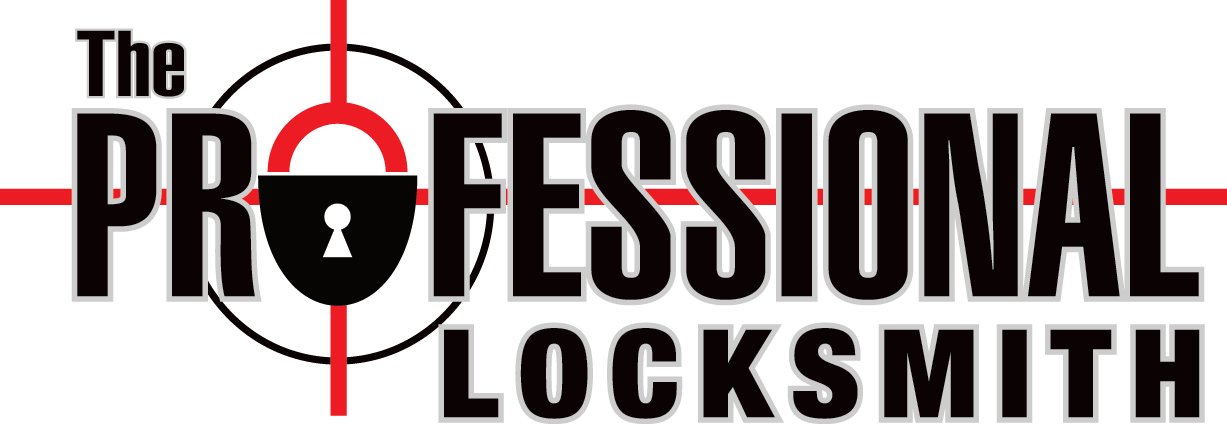Locksmith scams are a serious issue, and not all locksmiths are reliable. While these unscrupulous tactics may be hard to spot, you can protect yourself by following these tips.
When it comes to locksmith scams, be wary of high-pressure sales tactics coupled with low prices. These schemes prey on vulnerable customers. Let’s look at some of the locksmith scams you might run into and how to protect yourself.
High-Pressure Sales Scams
The Better Business Bureau cautions that scam artists can be hard to identify. They often employ aggressive door-to-door sales techniques in an effort to convince you to purchase a home security system. Scams may also include calls asking for payment or providing personal information (e.g., your Social Security number) in exchange for government documents necessary for doing business.
In some instances, they may even claim you've won a sweepstakes prize and must pay an installation fee or deposit before receiving your new home security system.
This can be a serious matter that could land you in jail. If you believe you've been the victim of a locksmith scam, it is imperative to hire a fraud defense lawyer in Tampa as soon as possible. They will assist with understanding your rights and fighting back against these predators; getting assistance could save time, money, and even your freedom!
Scammers That Drill Your Locks
Many people are unaware that locksmith scams are unfortunately commonplace, and knowing how to avoid them will come in handy if ever you require a lock replacement.
Scammers often prey on you by offering seemingly low prices and deals that are too good to be true. Once they contact a subcontractor, they send them directly to your location for payment.
When they arrive, they often claim there is an issue with your door and need to drill it. This practice should never be allowed and always be avoided.
A reliable Chicago locksmith should be able to unlock any lock without drilling it. They should also provide you with an estimate in writing on company letterhead, which includes any extra costs such as after-hours assistance or mileage fees. Make sure they include these charges when providing their estimate.
Scammers That Don’t Have a License
Never trust a locksmith without a valid license. These scammers will charge you an exorbitant price for unauthorized services or perform work that you don't require.
A reliable locksmith company will supply their technicians with uniforms, name tags, tools, and company vehicles. Their cars will display the company's logo, name, and address.
If the technician arrives in an unmarked vehicle, it could be a warning sign that they are not a certified locksmith.
They may display a false name on their vehicle, so you should not allow them to work on your property.
Finally, a disreputable locksmith will often answer the phone without stating their company name. Furthermore, they may use an 800 number instead of a local one.
Avoid being scammed by researching the locksmith before hiring them. Request a quote and confirm they are licensed and insured, plus check their reviews to make sure they have good credentials.
Scammers That Don’t Have a Vehicle
Locksmith scammers typically create a false name and logo to create an online ad for locksmith services that appear high on search engine results.
They call you and claim to be a local locksmith, then tell you they need to drill your lock and charge an exorbitant amount for it.
Scammers can be hard to spot, so do your due diligence before hiring a locksmith. Here are some red flags to watch out for when screening locksmiths:
Legitimate locksmith companies display their phone numbers, names, and logos on their service vans. Furthermore, technicians should wear uniforms featuring company logos and name tags for identification purposes.
Any locksmith who does not have a company-branded vehicle is likely a scammer and may also lack an official ID. To ensure the legitimacy of their work, always ask for an invoice before they begin working on your locks.
The best way to avoid common locksmith scams is to be aware of what these scammers might do. Of course, when you hire a top-rated locksmith, you won’t have to worry.
